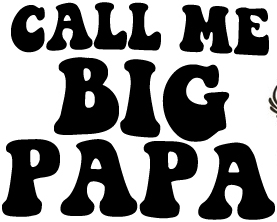 After our quick renumbering, we come now to Episode #076. It didn't start out as an all-feedback episode, but that's how it wound up. The best part is, we had such good feedback from our listeners it made an entire show. As it also happens, most of our discussion revolves around digital mode communication for amateur radio using Linux. We touch on D-Star, Echolink, IRLP, Allstar Link and more. If you're interested in using computers to connect to your radios and talk around the world using a multitude of digital technologies, including VoIP, this is the episode for you.
After our quick renumbering, we come now to Episode #076. It didn't start out as an all-feedback episode, but that's how it wound up. The best part is, we had such good feedback from our listeners it made an entire show. As it also happens, most of our discussion revolves around digital mode communication for amateur radio using Linux. We touch on D-Star, Echolink, IRLP, Allstar Link and more. If you're interested in using computers to connect to your radios and talk around the world using a multitude of digital technologies, including VoIP, this is the episode for you.
Please keep those donations coming in for our Hamvention Fund, if you're able. We want to be a part of Hamvention and we hope you will be, too. Thank you for all you do.
Podcast: Play in new window | Download
